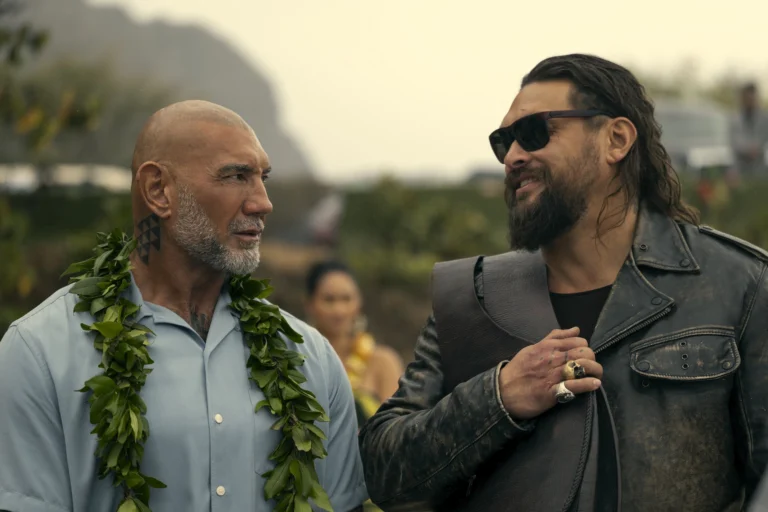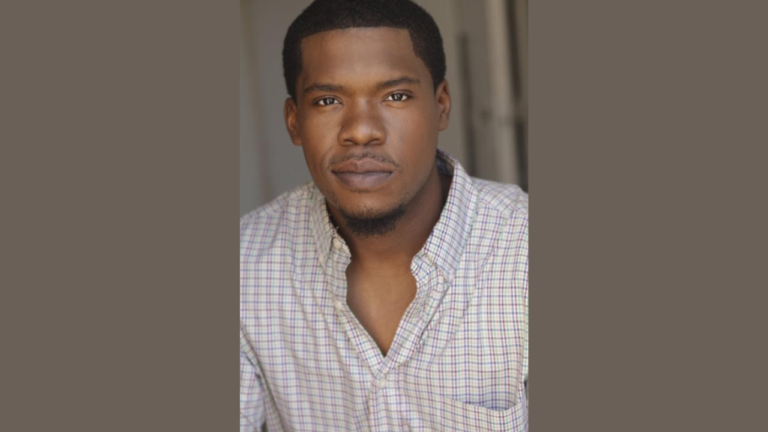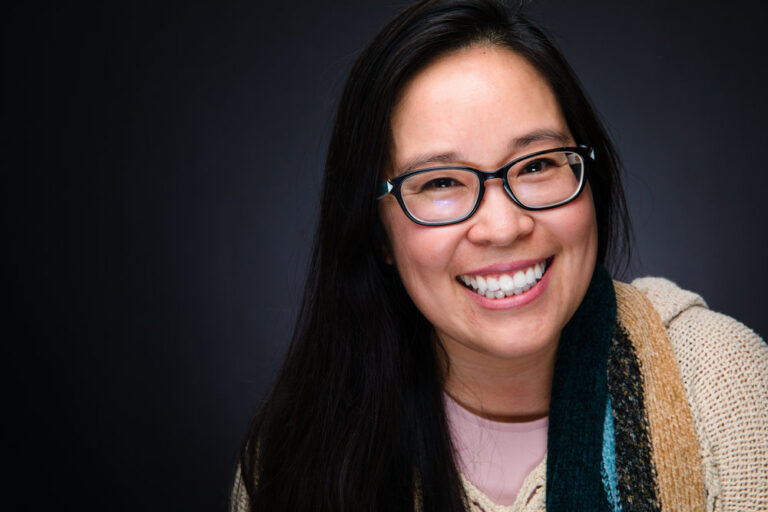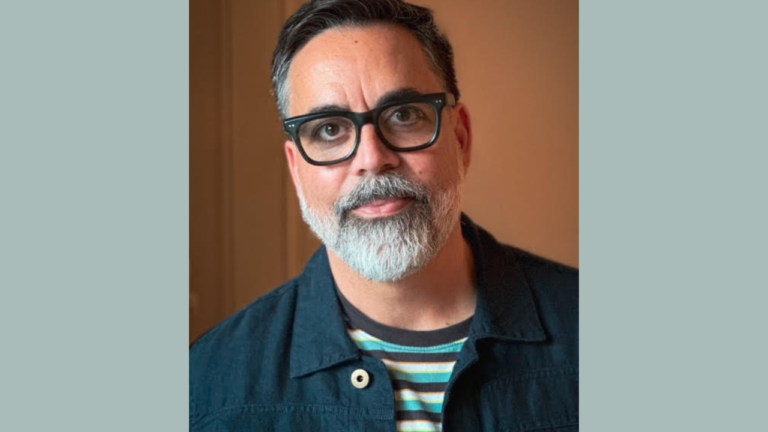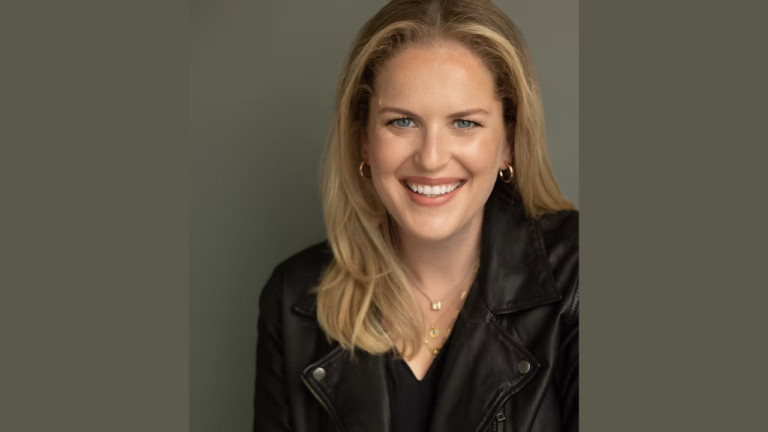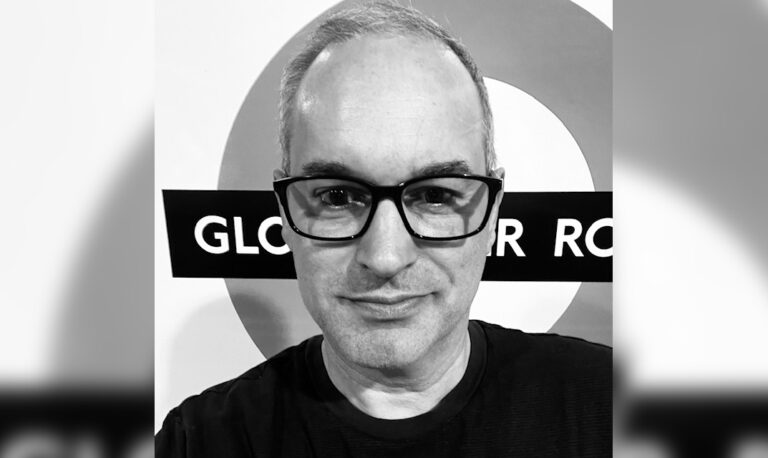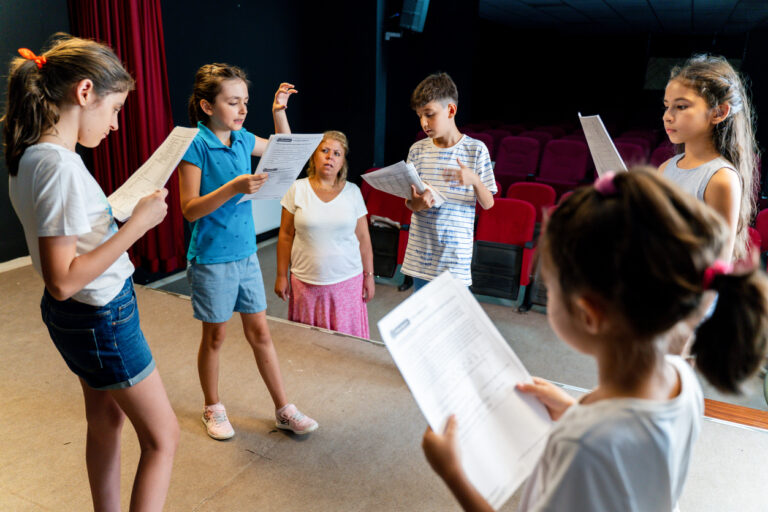Turkish filmmaker Tolga Karaçelik makes his English language debut with Psycho Therapy: The Shallow Tale of a Writer Who Decided to Write About a Serial Killer, a dark comedy starring an offbeat serial killer played by Steve Buscemi.
The film, which Karaçelik also wrote and produced, premiered at last year’s Tribeca Film Festival, where it won the Audience Award. It centers on a struggling writer (John Magaro) whose wife (Britt Lower) wants a divorce. He befriends a retired serial killer (Buscemi), who becomes his marriage counselor by day and killing counselor by night for the sake of his next book.
Karaçelik, who called on the expertise of casting directors Randi Glass and Susan Shopmaker for his film, spoke to Casting Networks about Psycho Therapy, why he shot it in New York and the importance of uniqueness in auditions.
Insights: Lessons From Tolga Karaçelik:
- Highlight your uniqueness in auditions to stand out.
- Show flexibility in adapting to a director’s guidance.
- Be well-prepared yet spontaneous during your performance.
Thinking about joining Casting Networks? Sign up for a free trial today!
You had Steve Buscemi on board from the very beginning. How did that come together?
We started three years ago with casting director Lucinda Syson from London. Steve Buscemi was first approached by her. Steve looked at the script, and watched my films and then we talked, so he was in from the beginning. Never in my wildest dreams did I ever think I’d be able to direct Steve Buscemi. He’s a legend!
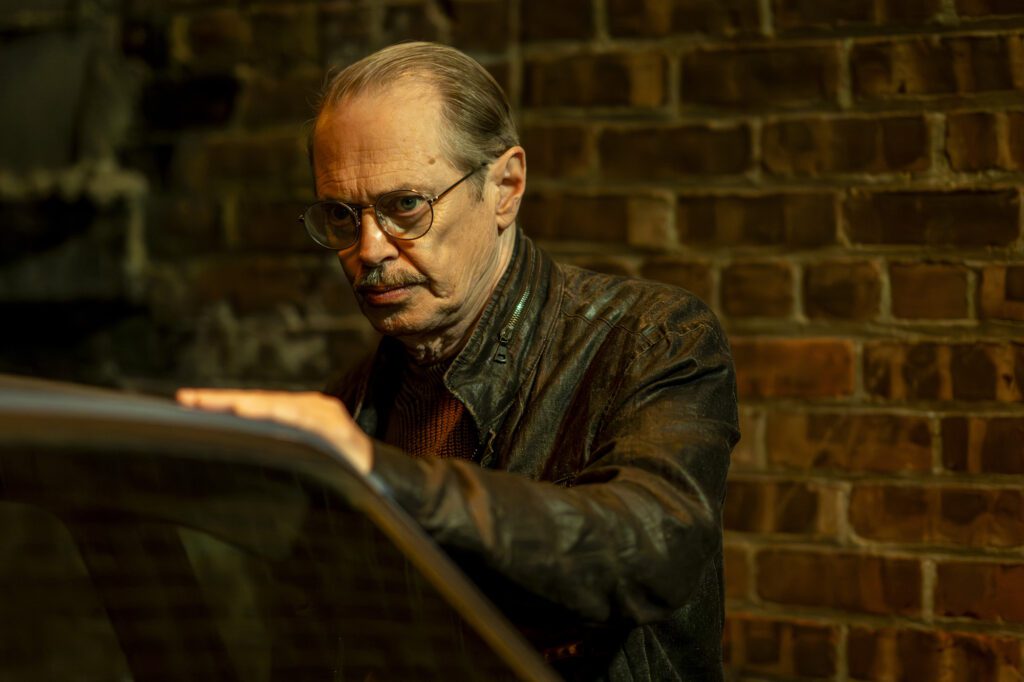
What do you remember about that very first meeting with him?
I remember that first Zoom call we had. It was fifteen minutes prior to that call, and I didn’t know how to pass the time. I brushed my teeth twice just to kill time! Steve was so kind from the beginning, and he’s such a professional, with a gentle heart.
What was it like collaborating with him on set?
Steve was not just an actor, he became a good friend — like a compadre. He was by my side throughout the production and even in the editing process. I love how his brain works, too. He’s someone that you can go ask about anything because he has so many fresh ideas. I love creating with people like that, even [when coming up with ideas] for the [movie] poster. I’m always open to good ideas, so I was so lucky to have him.
Why was it important to shoot this film in New York?
The movie was always going to be shot in New York because I studied filmmaking there, and even proposed to my wife there. I wanted to give back to New York because of all it has given me. I love how rich New York is with talented actors. Everyone I worked with on this movie was so good.
Once you had Buscemi, you also brought New York-based casting director Susan Shopmaker on board. What were the next casting steps?
We started looking [to cast] Suzie and Keane, the married couple. We had a meeting with John Magaro (The Agency) and Britt Lower (Severance), and both told me how much they loved the script. Our meeting with Britt was supposed to be half an hour, but ended up being two hours. We were laughing and talking a lot!
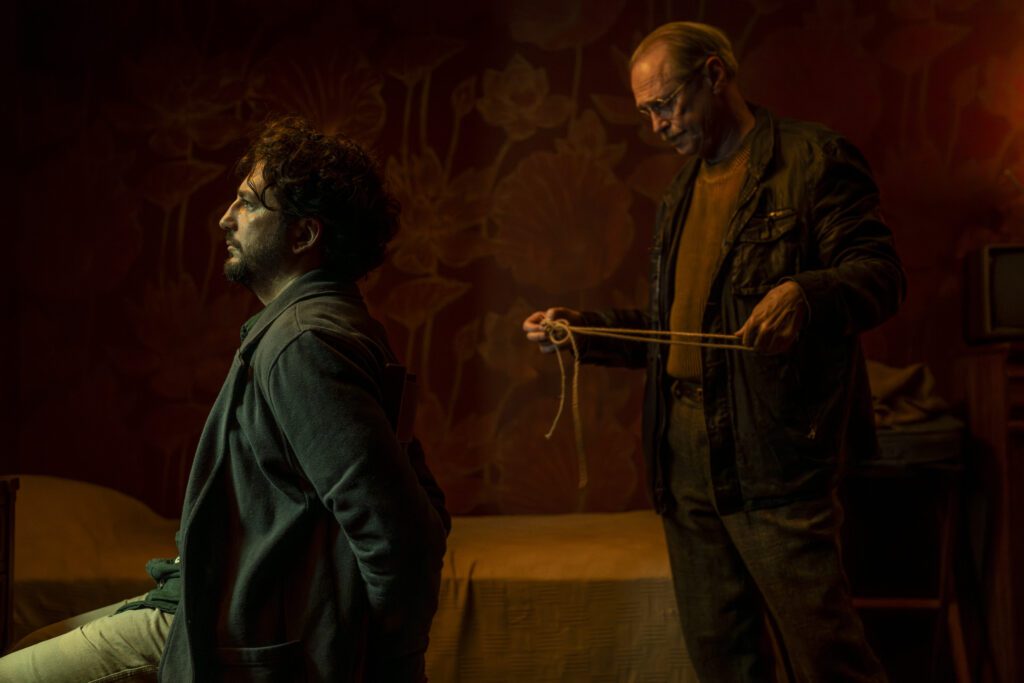
Did John and Britt have to “match” in some way since they were playing a couple?
Some roles require physical traits, but the core of your question, I think, is how important chemistry is. Believe me, good actors create good chemistry. If you cast good actors, as opposed to just good names, you will get good chemistry.
Your supporting cast is small, but integral, such as the Albanian mobster, the hotel clerk, the agent, Suzie’s best friend, etc. How did you approach casting those roles?
They are smaller roles, but they all have memorable scene so the audience will remember them. The actors had to be able to deliver, like that fight scene in the corridor with the agent, or the hotel clerk in the bathtub.
What’s your process like during auditions?
I’ve acted in a couple of things, and I know how hard it is to enter a room before your eyes have even adjusted to the light and be expected to deliver your lines perfectly. In auditions, I like to sit down and personally talk with the actors to understand what kind of person they are.
Directing is all about working with people’s feelings to get the best performance out of them. I want to know their nature and their uniqueness. I’m a writer and director. I don’t have another writer telling me, “That character is definitely NOT this.” I know who the character is, and I can shape it into anything.
Once you’ve gotten a sense of the actor, what’s your next step?
We read, but I don’t want to give directions yet. I want them to bring what they think is true to the character. That way, I get to see the raw character they’ve created. It tells me how the actor thinks.
I’m more interested in their range and their limits. I’ll say, “Let’s try something like this,” and see if they can pull it off. Then I’ll go to a different extreme to push them and see where their limitations are. Maybe they’re great, but can only deliver one way. Or maybe they can take my insights into the character and take that direction.
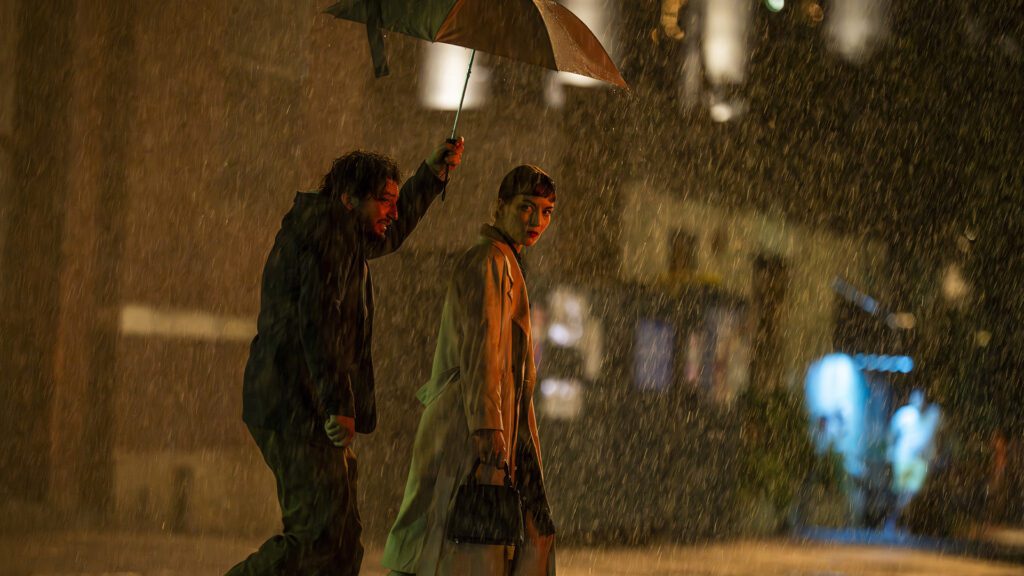
Does experience or a strong résumé matter to you when you’re casting?
I don’t care what you’ve done before; I care if you can go from A to B. Are you able to trust the director? Can you go back and start over with the character if needed?
I shot this film in 21 days. I shot Butterflies, which won the Grand Jury Prize at Sundance, in 19 days. The film before that, Ivy, was also shot in 19 days. I have to be organized and know what I’m doing, but once I get to set, I’m able to let that go and be in the moment. I expect the same from the actors.
What advice can you give them before entering the room?
If you’re auditioning for the director, know that you are not the only one who’s auditioning. It’s both sides. You’re also auditioning me. It’s about our chemistry.
Show the director who you are because you are unique, and we all search for uniqueness. There is no “right” way because we haven’t spoken yet, and you don’t know what I want. We might end up creating something opposite of what I wanted. Be open to that. There is nothing that you have to sell to me. We can build it together.
And if the director’s not in the room?
If there is no director, again, it’s still not about doing the right thing. That person sitting over there [may not be the final decision maker] because someone else is going to be watching [the tape] later.
Be prepared, but be able to forget all that and enjoy the moment. This is your time to act out that role, so own it. Do what you think is true. Do not try to understand all the motivations, just give us something interesting and unique. That’s what we’re craving.
You may also like:
